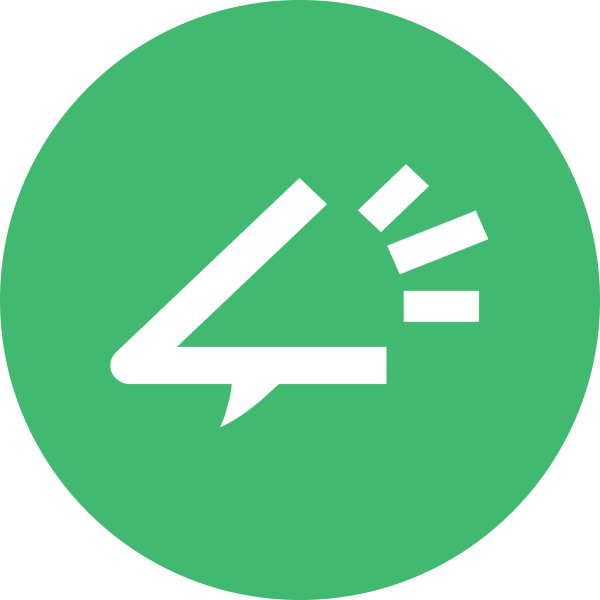Google Bard Versus Chat GPT

Introduction
In the world of natural language processing and artificial intelligence, Google Bard and ChatGPT are two notable AI chatbots that have been able to garner large-scale attention for their ability to generate coherent and contextually relevant responses. While both systems excel in different spheres of human endeavor, more prominently generating human-like text, they differ in their underlying architectures and applications. In today's blog post, we will strive to provide an overview of Google Bard and ChatGPT, analyze their advantages, disadvantages, differences, response to prompts, and offer a comprehensive comparison between the two.
Overview
Google Bard: Google Bard is an AI conversation chatbot developed by Google. It leverages deep learning techniques and a vast corpus of poetry to generate verse-like responses. Google Bard has been trained in a wide variety of poetic styles and can mimic the cadence, rhyme, and rhythm of different poetic forms. It aims to assist users in exploring the creative process of poetry writing and encourages experimentation with poetic expressions.
ChatGPT: ChatGPT, based on the GPT-3.5 architecture, is a versatile conversational AI developed by OpenAI. It has been trained on a wide array of internet text to simulate human-like conversations across various domains and topics. ChatGPT aims to engage users in natural language dialogues and provide contextually relevant responses to their queries.
Response To Prompts: A 2-part case study
Case 1
Prompt: Give me a list of the bestselling music artists post the year 2000.
Upon comparing the two results you find that Google Bard provides more detailed and in-depth knowledge of the subject while also choosing to list the number of units each individual artist has sold, and choosing to provide its source of reference, while also leaving a footnote as to how the numbers could vary when compared against streaming platforms.
On the other hand, Chat GPT provides a very concise list, not listing the sales although it does mention that units sold can vary, depending on location and region. While there is also some difference found between the outputs provided by both these models, the variety of artists remains the same.
Google Bard:
Chat GPT:
Case 2
Prompt: Solving a GMAT question.
Question: A company sells two types of products, Product A and Product B. The profit margin for Product A is 20%, while the profit margin for Product B is 15%. If the company's total sales revenue is $500,000 and the total profit is $90,000, how much revenue is generated from Product A?
A) $200,000 B) $250,000 C) $300,000 D) $350,000 E) $400,000
Both the chatbots differ on answers here, with Google Bard saying that the answer should ideally be E) $400,000, while ChatGPT thinks that the answer should ideally be C) $300,000.
This proves that both the systems differ in terms of logic and providing a detailed solution to answers as ChatGPT here used a more detailed output and was able to provide necessary solutions and footnotes at every step.
Google Bard
ChatGPT
Advantages
Google Bard:
- Poetic Mastery: Google Bard's specialization in poetry allows it to produce impressive verses with a high degree of coherence, imagery, and literary techniques.
- Inspiration and Creativity: Its ability to generate unique and thought-provoking lines can serve as a valuable source of inspiration for poets and writers.
- Educational Value: Google Bard's extensive knowledge of poetry can educate users about different forms, styles, and historical contexts of poetry.
ChatGPT:
- Wide Applicability: ChatGPT's versatility allows it to engage in conversations across multiple domains, making it a valuable tool for tasks ranging from customer support to creative writing.
- Informational Responses: Its extensive training data enables ChatGPT to provide informative answers, explanations, and summaries on a wide range of topics.
- Continual Learning: ChatGPT can integrate new information and adapt to evolving contexts, thanks to its ability to learn from user interactions.
Disadvantages
Google Bard:
- Limited Scope: Google Bard's expertise is confined to poetry generation, which restricts its applicability in other domains of natural language processing.
- Lack of Flexibility: While it excels in generating poetic text, it may struggle with providing informative or technical responses outside the realm of poetry.
- Subjectivity and Quality Control: As with any AI model, Google Bard's output may vary in terms of quality, with occasional inconsistencies or irrelevant outputs.
ChatGPT:
- Coherence and Contextual Understanding: While ChatGPT often produces coherent responses, it may occasionally generate irrelevant or nonsensical answers due to limitations in contextual understanding.
- Ethical Concerns: As an AI chatbot, ChatGPT's responses depend on the data it has been trained on, which can lead to biases or controversial outputs if not properly monitored and controlled.
- Dependency on User Inputs: ChatGPT's responses heavily rely on the quality and clarity of user prompts, which can sometimes result in inaccurate or incomplete answers.
Comprehensive Analysis
Both Google Bard and ChatGPT offer remarkable capabilities in generating human-like text. Google Bard's specialization in poetry allows it to excel in the realm of poetic expression, providing inspiration and education for poets and writers. On the other hand, ChatGPT's versatility enables it to engage in dynamic conversations across various domains, offering informational responses and catering to a broader range of user needs.
In terms of limitations, Google Bard's narrow focus on poetry restricts its applicability beyond the realm of verse. Conversely, ChatGPT's occasional lack of coherence and contextual understanding can lead to less reliable responses. Additionally, ethical concerns regarding biases and data control apply to both systems, emphasizing the need for responsible development and deployment of AI technologies.
Conclusion
Google Bard and ChatGPT represent two distinct approaches to AI language generation. While Google Bard specializes in poetry generation, inspiring creativity, and education, ChatGPT offers versatility in engaging conversations across diverse domains. Understanding the strengths and limitations of both systems allows us to appreciate their unique contributions and make informed decisions regarding their applications. As AI continues to advance, addressing the challenges and maximizing the benefits of these technologies remains essential for their responsible use in society.
